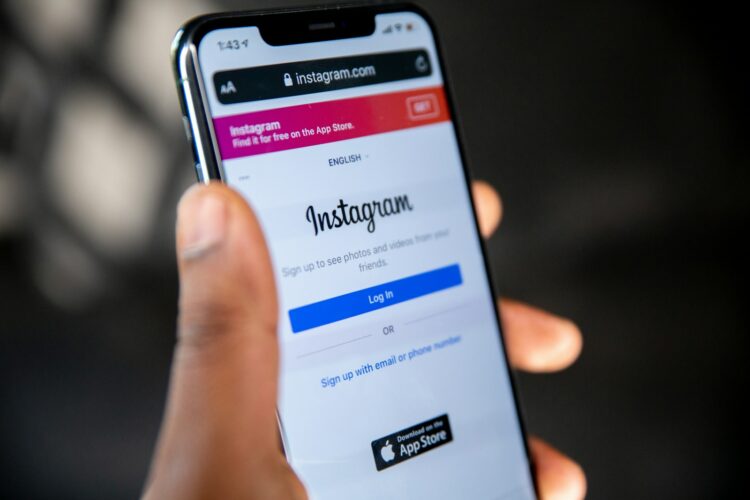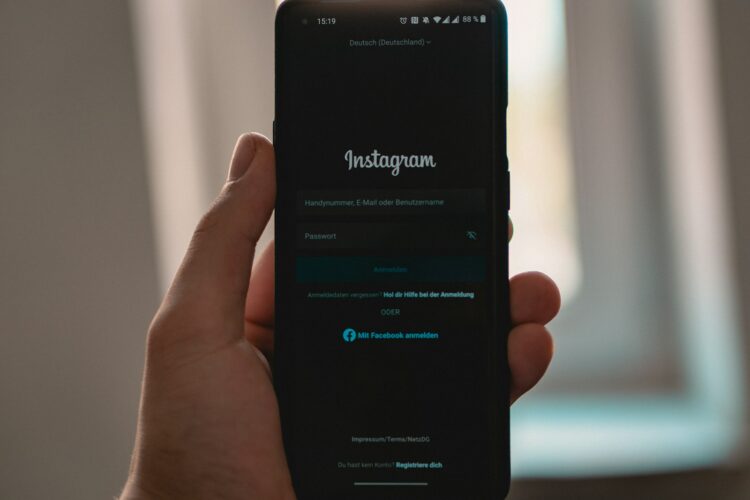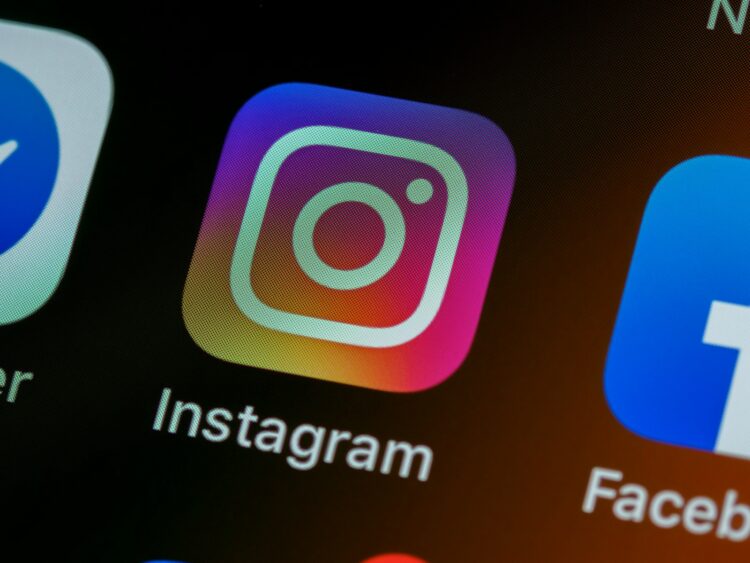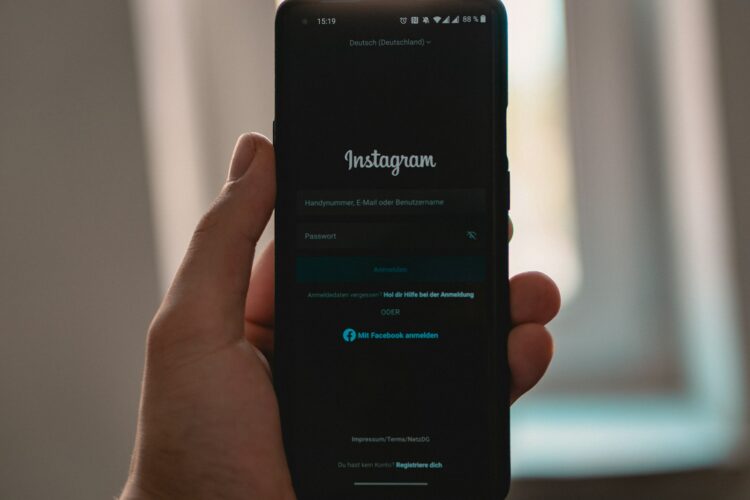
What does it take to get banned from social media? It’s not just one thing—it’s a mix of various actions. What one person thinks is fine might come off as offensive to someone else, and tech companies are constantly balancing between keeping their platforms user-friendly and avoiding claims of censorship. So, today, we’re sharing 15 mistakes that can get you banned from social media.
Spamming Your Followers

Bombarding your followers with too many posts, especially if they’re repetitive, can get super annoying. This might lead your audience to hit that mute button or even unfollow you, and platforms could flag your account as spam. Instead, focus on delivering valuable content with each post and keep your posting schedule consistent but not overwhelming.
Using Offensive Language

Social media platforms are pretty strict about hate speech, racism, sexism, and any other kind of offensive language. If you post or comment using derogatory terms or abusive language—you could end up getting reported and banned. Always aim to communicate thoughtfully and respectfully, even if things get heated. A positive tone helps create a welcoming space and keeps you in good standing.
Engaging in Harassment

Online harassment—like making threats, bullying, or stalking—is a big deal on social media. If you target someone with hurtful messages or comments, you could get your account suspended right away. It’s best to handle conflicts calmly and professionally. Harassment not only breaks platform rules but also messes up your reputation and relationships.
Posting Inappropriate Content

Content with nudity, explicit stuff, or illegal activities usually breaks social media rules. Even if you think it’s harmless, it could get flagged by other users or picked up by automated systems. Social media platforms have strict guidelines to keep things safe and respectful, so it’s smart to stay within those boundaries. Before you hit that share button, think twice about whether your post could come off as inappropriate or offensive.
Creating Fake Accounts

Using fake profiles to mislead people, pretend to be someone else, or mess with interactions can quickly get you banned. Social media thrives on genuine, honest connections, so authenticity is super important. Always be upfront about who you are and avoid any sneaky tactics that could harm your reputation. Deceptive practices not only damage your credibility but can also lead to your account getting suspended.
Ignoring Copyright Laws

Using someone else’s content—like images, music, or videos—without permission is a big no-no. Social media platforms have systems to spot and deal with copyright issues, which can lead to your content being taken down or even your account getting banned. Always respect intellectual property by using your own things or properly licensed material.
Buying Followers or Engagement

Buying followers, likes, or comments might look like a quick way to boost your profile, but it’s against most platforms’ rules. These tricks usually lead to fake engagement and can hurt your account’s credibility. Instead, focus on creating genuine, engaging content and actually interacting with your audience. Building a real and loyal following is way more valuable in the long run.
Spreading Misinformation

Sharing false or misleading information can really backfire, causing damage to your reputation and possibly even legal trouble. Social media platforms are always on the lookout for misinformation, and accounts that keep spreading false content might get banned. So double-check your facts before posting and stick to reliable sources to make sure everything you share is accurate.
Posting Personal Information

Sharing personal things—your address, phone number, or financial information can put your privacy and safety on the line. Social media platforms have some very tight rules to protect user privacy, so posting this kind of information might get your account suspended for a lifetime. Keep your personal details private and think twice before posting anything sensitive online.
Using Bots or AI Tools

Using bots or automated tools to post, comment, or like content can come off as spammy and impersonal. These tools can flood people’s feeds and annoy them, leading to complaints and possible bans. Instead, engage with your audience in a personal way and avoid leaning too much on automation tools that can water down your interactions.
Engaging in Clickbait

Using flashy headlines or over-the-top claims to grab clicks can really tick off users and hurt your reputation. Clickbait often leaves people disappointed when the content doesn’t live up to the hype, which might lead them to unfollow you or report your account. Stick to honest, accurate headlines that truly represent what you’re sharing.
Violating Platform-Specific Rules

Each social media platform has its own set of rules and guidelines. Breaking these can get your account suspended or banned for a lifetime. Get to know the specific rules for each platform you use, and always make sure your content follows them. Also, check these guidelines regularly since they can change from time to time.
Sharing Malware or Phishing Links

Posting links that lead to malware or phishing sites is not just risky for your followers—it also breaks social media rules. These links can steal personal info or mess up device security, putting everyone at risk. Always take a moment to verify that the links you share are safe, and avoid promoting anything that looks suspicious or hasn’t been verified.
Promoting Illegal Activities

Promoting or getting involved in illegal activities—like drug dealing, fraud, gambling, or other crimes can get your account banned instantly and could even land you in legal trouble. These actions are taken very seriously and can have severe consequences. Always make sure your content stays within legal boundaries and avoid anything that might seem illegal or shady.
Using Automated Follow/Unfollow Tools

Just like using bots to reply, like, or share content, employing tools to follow and unfollow users to manipulate engagement metrics automatically is also considered spammy and can lead to a ban. Real connections and interactions are way more valuable. Instead of relying on automation, engage with others genuinely and build relationships through meaningful interactions.

